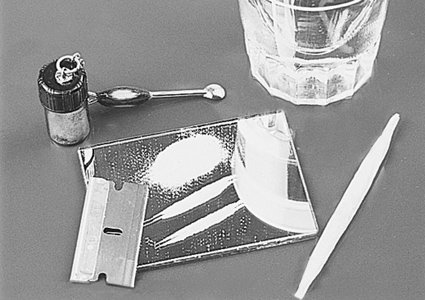STATE COLLEGE, Pa. — A study of adults seeking treatment for drugs and alcohol has concluded that tolerance by family and friends often increases the length of the active addiction by many years. Without a significant challenge to their behavior by a spouse, family member, friend, or employer, the alcoholic or addict will often continue using. The research by St. Joseph Institute for Addiction, a residential treatment center in central Pennsylvania, found that “enabling behavior” was a primary reason why addicted people did not stop using.
“The primary characteristics of addiction are denial, minimization, and rationalization,” stated Michael Campbell, president of St. Joseph Institute. “If the addicted person is not seriously challenged to examine their behavior, realizing the negative consequences of using drugs and alcohol, it may take many years before they seek help to manage their problem. Because addiction is a disease of the brain, it is able to distort thinking and over-power good judgment.”
St. Joseph Institute found that most drug addicts have been active users for more than five years before seeking help, alcoholics more than 10 years. It also found that a crisis in their relationships, employment, or trouble with the law had to occur before most addicted people make the choice to seek help. Absent being confronted about their addiction, the majority continued to use.
“The constant story we hear is of the failure by family and friends to establish meaningful consequences for the continued use of drugs and alcohol. It is when tolerance for the addicted person’s
actions is seriously challenged that movement toward treatment often begins. Too often driving under the influence, financial irresponsibility, anger, broken promises, and selfishness are tolerated for years before a line is drawn,” Campbell added.
While it has been well documented that treatment has limited impact until the addict or alcoholic is motivated to change, it is also recognized that the impetus for change is often external. Without feeling the consequences of continued use in a meaningful way, the addicted brain continually wins out, and the motivation to change is overridden by the power of the addiction.
“In talking with parents and family members we know how hard it is at times to practice tough love. The parent is reluctant to tell their addict son that they can no longer live at home. The spouse fears the consequences of telling a partner that the relationship cannot continue unless there is change. The friend does not want to stop returning calls for fear they will make matters worse. However, the pattern we have seen is that unless these events occur, the active addiction will continue for many more years, and often end with tragic results,” Campbell added.
In their recent report on national trends, the Substance Abuse and Mental Health Services Administration (SAMSHA) found that there are more than 22 million people in the United States addicted to drugs and alcohol and that only 10.8 percent are seeking treatment. The rest continue to use with alarming consequences. It is reported that 25,000 people die each year in vehicle accidents where drugs and alcohol were factors and more than 700,000 are injured. Every 25 minutes a person dies from a drug overdose and annually more than 1.2 million workplace accidents are caused by substance abuse.
“The percentage of people in this country seeking treatment for their addiction has remained unchanged for many years. We must do better at encouraging people to seek help. The principle driver to make this happen will be our collective unwillingness to tolerate the continued abuse of drugs and alcohol by the people we know best. If we stop being enablers, we will see change in the right direction,” Campbell stated.
St. Joseph Institute for Addiction is a leading drug and alcohol treatment center located near State College, Pennsylvania.
